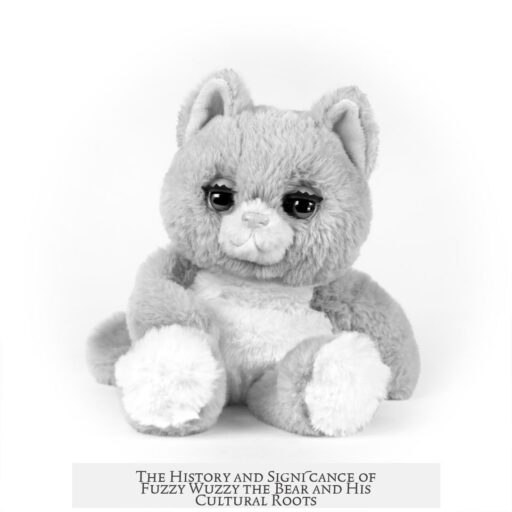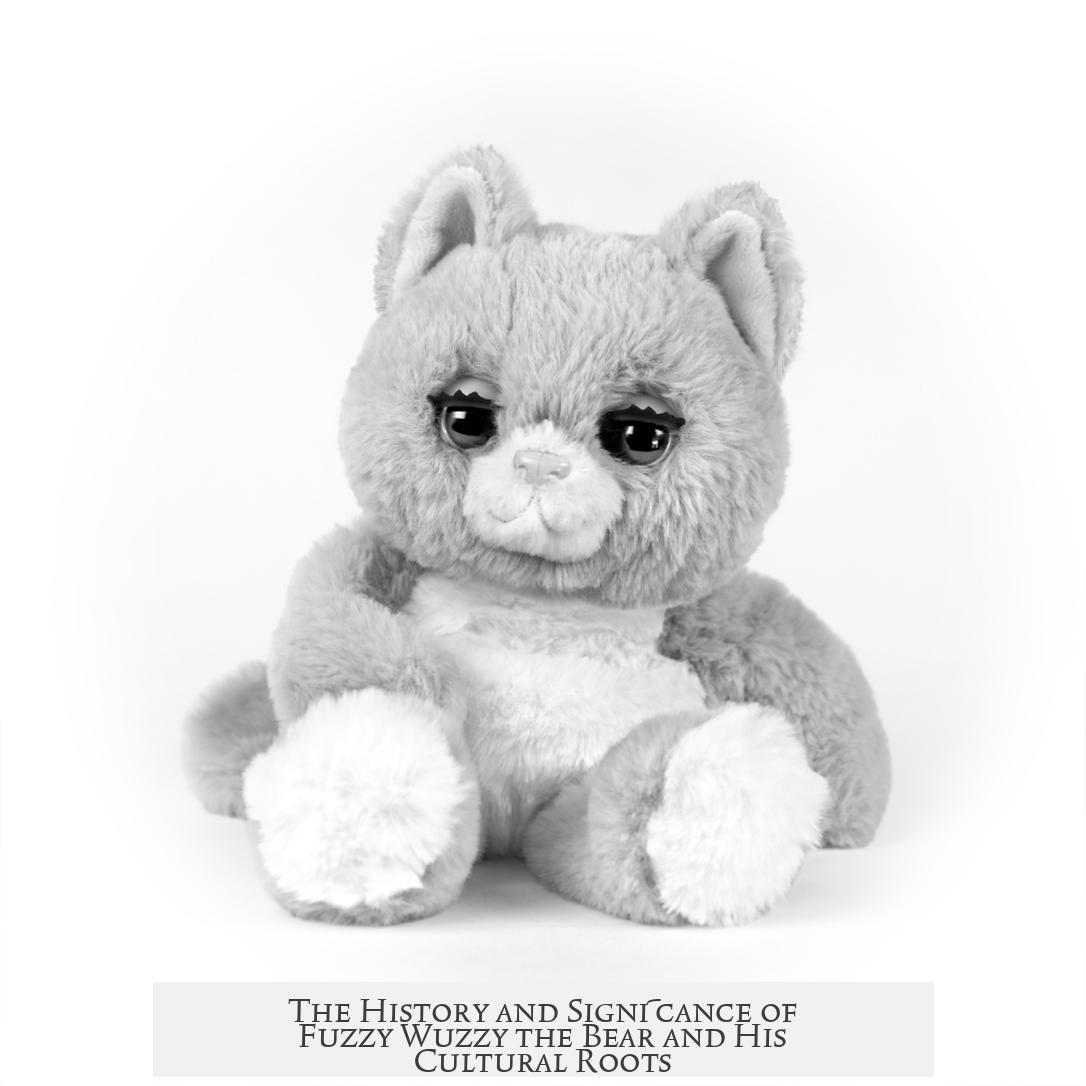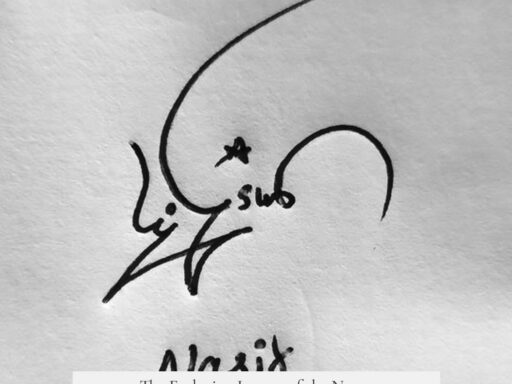The origin of “Fuzzy Wuzzy the Bear” traces back to British colonial history as a slang term used by British troops to refer to the Hadendoa, a tribe of East Africa known for their distinctive hair style. This term evolved into a poem by Rudyard Kipling, inspired by the Hadendoa’s fierce role in the Mahdist War against British forces.

The phrase “Fuzzy Wuzzy” originally described the shape and style of the hair of the Hadendoa people. The British soldiers fighting in the Mahdist War (1881–1899) coined this term. The Hadendoa were part of the Mahdist forces led by Osman Digna, who commanded them to significant resistance against British infantry. Their elaborate hairdressing impressed and irritated the British troops, helping earn the nickname “Fuzzy-Wuzzies.”
One notable event highlighting the Hadendoa’s combat prowess was the Battle of Tamai in 1884. Despite losing the battle, the Hadendoa managed to break a British infantry square, a highly disciplined formation. This unusual feat and their battlefield tenacity inspired Rudyard Kipling’s poem titled “Fuzzy-Wuzzy.”
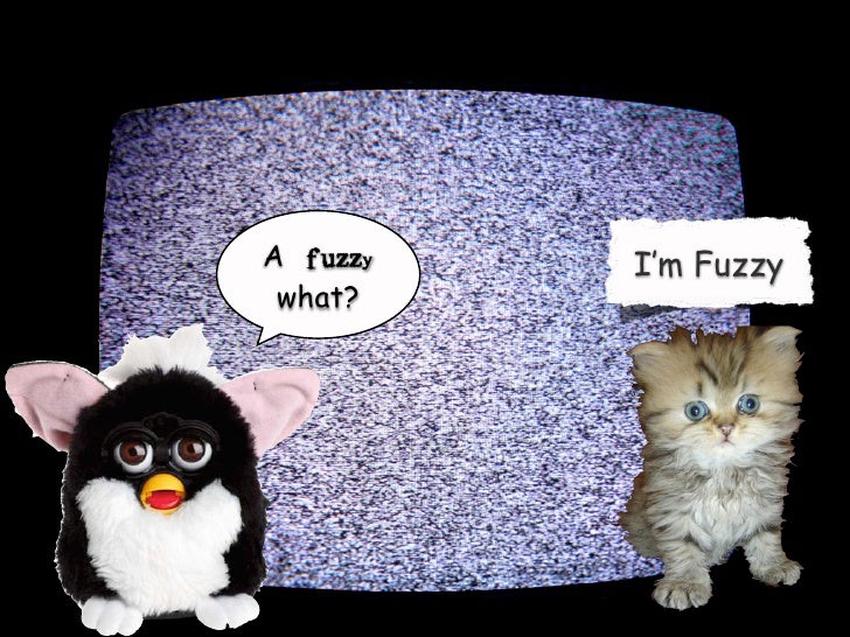
“Fuzzy-Wuzzy was a bear” — the poem pays tribute to the Hadendoa warriors’ bravery, despite the racial tone and colonial context.
The poem by Kipling made the term widely known in British culture but also contributed to the complicated legacy of the phrase. While it acknowledges the skill of the Hadendoa fighters, the term itself is recognized today as racist for its demeaning emphasis on physical traits.
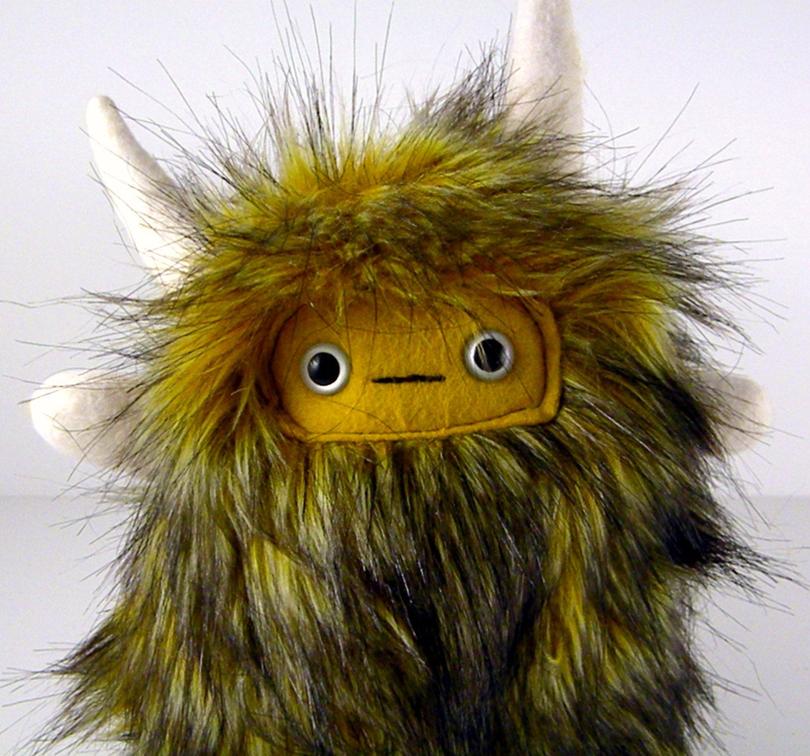
The exact origin of the rhyme set to the term “Fuzzy Wuzzy” remains uncertain. There is little concrete evidence about when or how the rhyme itself originated. Some historians and researchers suggest it may have developed informally among British soldiers as a way to describe the persistent challenge the Hadendoa posed during the conflict.
In a different vein, the phrase “Fuzzy Wuzzy Fallacy” emerged in military theory and wargaming circles, notably first documented in a 1976 wargaming magazine called The Avalon Hill General. This term relates characteristically to Lanchester’s Laws, which mathematically describe the strength of military forces. The fallacy name is a play on Kipling’s poem but does not connect directly to the original rhyme or its historical origin.

| Concept | Meaning | Relation to “Fuzzy Wuzzy” |
|---|---|---|
| Fuzzy Wuzzy (Term) | British slang for Hadendoa tribe | Originates from the hair style of East African natives |
| Fuzzy Wuzzy (Poem) | By Rudyard Kipling | Tribute to Hadendoa’s bravery in Mahdist War |
| Fuzzy Wuzzy Rhyme | Uncertain origin | Likely informal soldier creation |
| Fuzzy Wuzzy Fallacy | Military theory term | Metaphor linked to Lanchester’s Law, unrelated to rhyme’s origin |
The cultural context of “Fuzzy Wuzzy” is important. Many British nursery rhymes have violent or contentious origins, often relating to historical conflicts or political struggles. For instance, “Mary, Mary quite contrary” alludes to historical events involving Mary, Queen of Scots, showing that nursery rhymes can carry deeper, sometimes harsh meanings behind seemingly innocent words.
This background echoes in “Fuzzy Wuzzy,” where a seemingly playful rhyme connects to complex colonial and military histories involving racial stereotypes and imperial warfare.
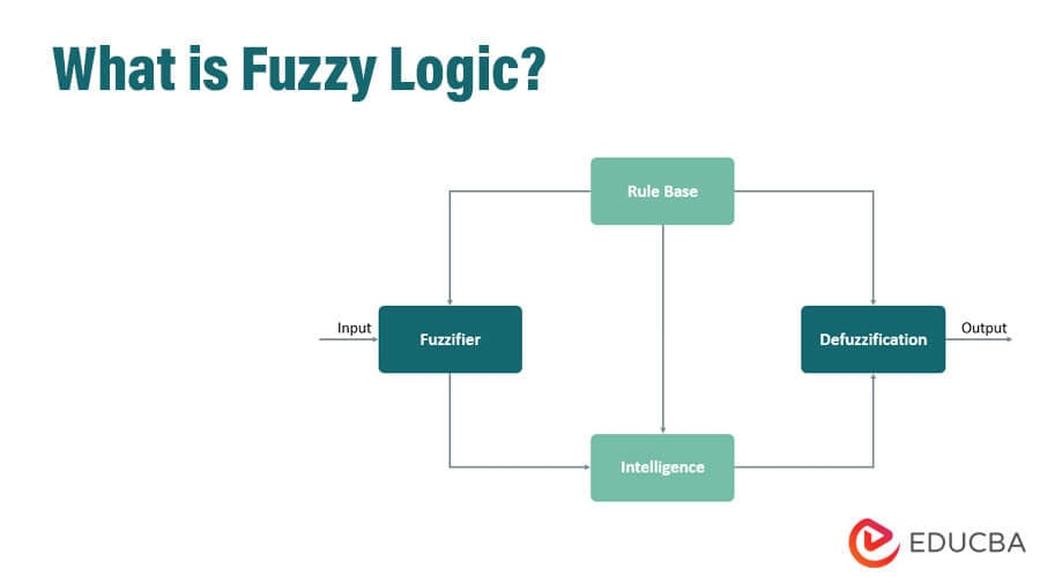
Further research into the term’s history links the usage to its first print in British military documents and literature focused on the Mahdist War. Meanwhile, the mathematical and strategic use of the “Fuzzy Wuzzy Fallacy” demonstrates how cultural phrases can influence academic and analytical fields far removed from their origins.
- “Fuzzy Wuzzy” originated as British slang for the Hadendoa tribe in East Africa, reflecting their distinctive hair.
- Rudyard Kipling’s poem was inspired by the Hadendoa’s performance in the 1884 Battle of Tamai.
- The nursery rhyme’s precise origin is unclear but likely arose informally among British soldiers.
- “Fuzzy Wuzzy Fallacy” is a military strategy term related to Lanchester’s Law, separate from the rhyme.
- British nursery rhymes like “Fuzzy Wuzzy” often reflect violent historical and colonial themes.
What Is the Origin of Fuzzy Wuzzy the Bear?

“Fuzzy Wuzzy” originates as a British slang term from the Mahdist War era, used by troops to describe the Hadendoa people of East Africa, specifically referencing their distinctive hair. The phrase inspired Rudyard Kipling’s poem and later evolved into various cultural references.
Curious about where the oddly charming yet controversial nickname “Fuzzy Wuzzy the Bear” comes from? Let’s travel back in time to the late 19th century, during the Mahdist War in East Africa. The answer lies in a clash of cultures, a bit of military history, and a British army’s encounter with fierce adversaries who earned lasting labels.
The Hadendoa Tribe: The “Fuzzy Wuzzies” of East Africa
The original “Fuzzy Wuzzies” were not cuddly bears but the Hadendoa people, a subgroup of the Beja ethnic group in Sudan and surrounding regions. British soldiers coined this nickname during the Mahdist War (1881–1899). Why? Because of the Hadendoa’s distinctive, elaborate hairstyles—thick, curly, and untamed—standing out starkly against the British army’s more regimented appearance.
British troops found themselves battling these fierce fighters led by Osman Digna, a Mahdist general known for his courage and tactical skills. At the Battle of Tamai (1884), the Hadendoa broke a British infantry square — a serious military achievement showing their bravery and fighting prowess. While the British ultimately won, the battle left a lasting impression on both sides.
“Their elaborate hairdressing gained them the name of ‘Fuzzy-wuzzies’ among the British troops during the Mahdist War.”
That’s not all. The Hadendoa also developed a ferocious reputation for battlefield behavior, including gruesome mutilations of the dead — a tactic that terrified British soldiers but underscored the brutal realities of that conflict.
Rudyard Kipling’s Poem: A Literary Tribute (with a Catch)
Now, you might wonder, did the term “Fuzzy Wuzzy” come from a poem or did the poem come from the term? Actually, Kipling’s poem “Fuzzy-Wuzzy” was inspired by these very soldiers. It pays unusual respect to the Hadendoa for their bravery. The poem acknowledges the hardships the British faced against these “fuzzy-wuzzies” and famously concedes that “It’s ‘Fuzzy Wuzzy’, said the great big ‘Bear,’/ ‘Fuzzy Wuzzy had no hair.’”
In the poem, Kipling nods to the toughness and tenacity of the Hadendoa fighters who, despite not having the modern equipment of British troops, inflicted real damage. It’s one of the rare positive portrayals of colonial adversaries from that time, even if the language and attitudes feel outdated—and racist—by today’s standards.
The Rhyme and Its Mysterious Roots
No definitive records explain the rhyme’s origin beyond speculation. Some suggest British troops created it as a catchy description of their experiences fighting such a tenacious foe. It likely circulated informally before making its way into Kipling’s work and popular nursery rhymes.
Interestingly, the rhyme’s content may have served a psychological purpose: making light of a dangerous adversary or processing the stress of combat by distilling a complex enemy down to a simple, memorable phrase and tune.
“Fuzzy Wuzzy Fallacy”: A Military Theory Twist
Here’s a turn you didn’t expect—the term “Fuzzy Wuzzy” even inspired a military theory concept known as the “Fuzzy Wuzzy Fallacy.” But don’t confuse this with the rhyme’s origin.
The “Fuzzy Wuzzy Fallacy” relates to Lanchester’s Law, a formula used to predict outcomes of battles based on the numbers and firepower of fighting forces. The name, coined in a 1976 wargaming magazine, references the idea that the Hadendoa (“fuzzy wuzzies”) gave British troops unexpected trouble despite being outgunned and outnumbered—highlighting how smaller forces can perform disproportionately well.
“The strength of a military force is proportional to the square of its numbers—but in the Fuzzy Wuzzy formula, the relationship is cleaner and less complex, illustrating that the problem wasn’t ‘hairy’ at all.”
While clever, this theoretical use of the term stands apart from the original painful historical and cultural context of “Fuzzy Wuzzy.”
British Nursery Rhymes: Innocent or Not?
British nursery rhymes often carry hidden histories darker than their sing-song tunes suggest. For example, “Mary, Mary Quite Contrary” relates to the imprisonment and execution of Mary, Queen of Scots, framing political violence as childhood play. Similarly, “Fuzzy Wuzzy” has roots in a brutal colonial confrontation, masked behind seemingly playful language.
Does knowing this history change how we view these rhymes? Absolutely. It reminds adults to question even the simplest cultural stories and recognize the layers beneath.
What Can We Learn From the Origin of Fuzzy Wuzzy the Bear?
- “Fuzzy Wuzzy” began as a racial nickname tied to the physical appearance of African soldiers, highlighting how culture and prejudice intertwine.
- Rudyard Kipling’s poem immortalized this nickname but with an odd mix of respect and patronizing tone.
- The rhyme’s true origins remain vague but likely reflect soldiers’ shared war experiences.
- The term later inspired a military concept (Fuzzy Wuzzy Fallacy), showing how history seeps into theory and language.
- Recognizing the dark past of nursery rhymes helps us appreciate the power of words and history combined.
Next time you hum “Fuzzy Wuzzy, was a bear,” remember it’s not just a silly kids’ rhyme. It’s a window into history, conflict, and the enduring complexities of cultural storytelling. History doesn’t always come gift-wrapped in fuzzy bears—it often arrives wrapped in the knotted hair of a battlefield adversary.
What does the term “Fuzzy Wuzzy” originally refer to?
It was British slang for the Hadendoa people of East Africa. The name referred to their distinctive, elaborate hairstyles seen during the Mahdist War.
How is Rudyard Kipling connected to “Fuzzy Wuzzy”?
Kipling wrote a poem called “Fuzzy-Wuzzy” inspired by the Hadendoa tribe. It highlighted their bravery in battle, especially at the Battle of Tamai.
Why was the Hadendoa tribe significant in the Mahdist War?
The Hadendoa, led by Osman Digna, managed to break a British infantry square in battle. Their fierce fighting earned them a tough reputation with British forces.
Is the “Fuzzy Wuzzy” rhyme linked to the British troops’ experience?
Although the rhyme’s exact origin is unclear, it is thought to describe the trouble the Hadendoa caused British soldiers during the war.
What is the connection between the “Fuzzy Wuzzy Fallacy” and the original term?
The fallacy refers to a military theory linked to Lanchester’s Law. It uses the term “Fuzzy Wuzzy” metaphorically but is unrelated to the origin of the rhyme or the tribe.
